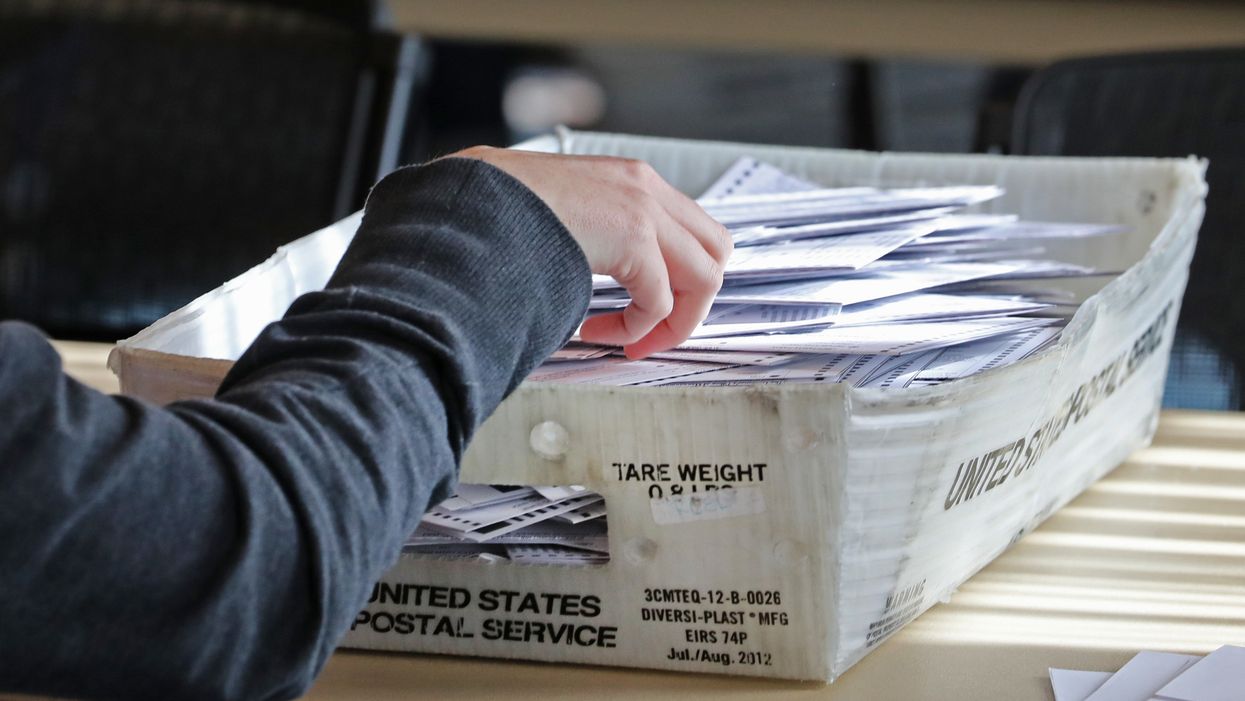Michigan has become the latest battleground over state laws that allow local election officials to discard mail-in ballots when signatures aren't similar enough to the handwriting on file.
A lawsuit filed Wednesday in federal court by Priorities USA, a liberal super PAC, claims "the state's arbitrary and standardless signature-matching laws" have disenfranchised "hundreds of voters in recent elections for no other reason than an election official's subjective and arbitrary determination that a voter's signature on an absentee ballot (or ballot application) did not match a prior signature that the voter provided to election officials."
Michigan has the potential to produce several pivotal contests next fall, underscoring the truism that every vote will count. President Trump won the state by fewer than 11,000 votes last time, the first Republican to carry it in seven elections. Democratic Sen. Gary Peters faces a stiff challenge and so do a pair of House members from each party.
Illness, injury, pen type, paper quality, ink and a host of other factors can alter a person's signature, according to the suit, which notes that state law doesn't require election officials to receive any training in signature handwriting analysis nor does it offer voters whose ballots are uncounted a mechanism to appeal.
A lawsuit filed in August challenged a similar "exact match" law in Texas, where election officials can also discard mail-in ballots after comparing signatures.
Efforts to overturn signature-matching laws by voters and Democratic groups have succeeded in some states where such laws were passed with Republican legislatures and governors.
Earlier this month, for instance, a judge in Iowa struck down a provision in state law that allowed local election officials to block a voter if their in-person and registration signatures didn't match. That lawsuit was also financed by Priorities USA.
And last year, a federal judge blocked an exact-match signature law in Georgia, where 50,000 voter registration forms were stalled ahead of the 2018 election because perceived signature mismatches were found on the applications and other state records.




















